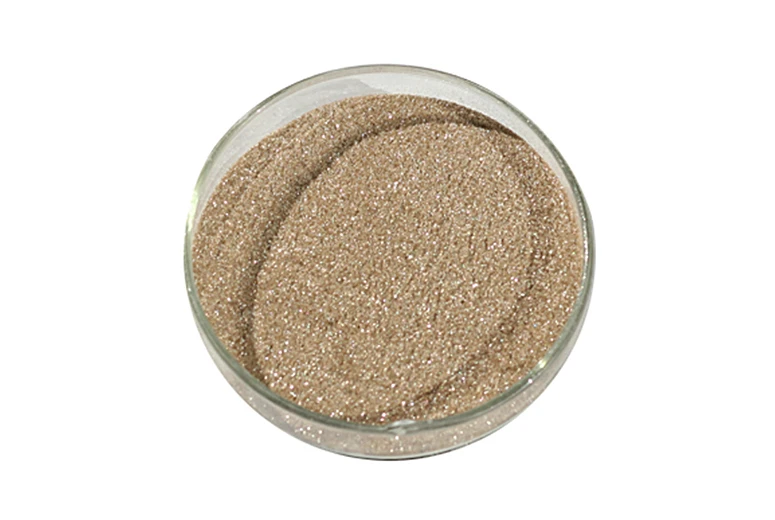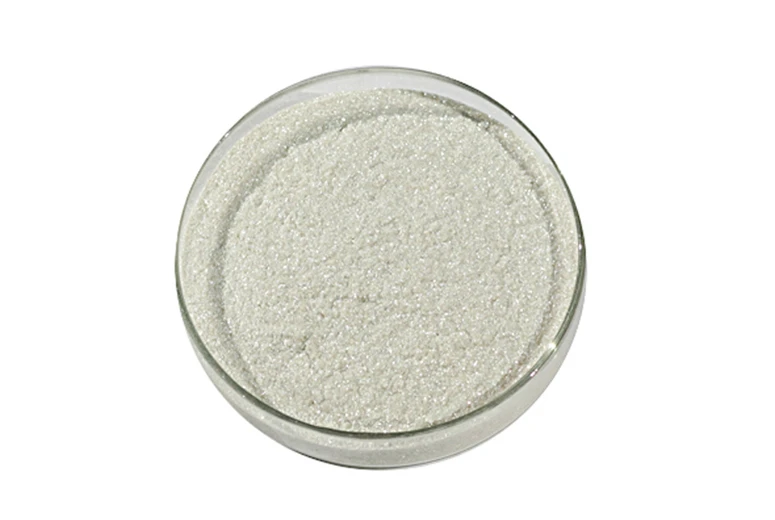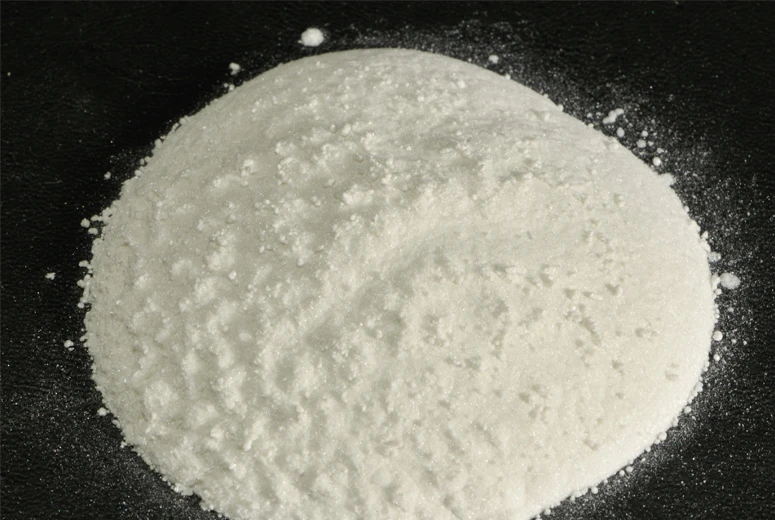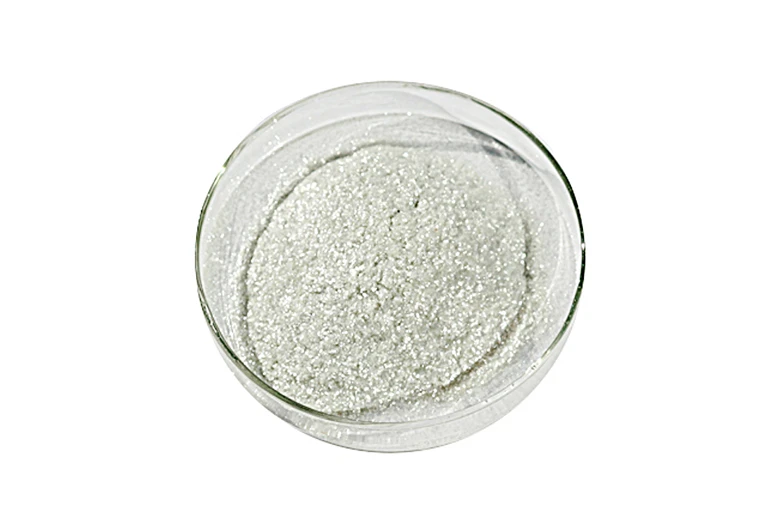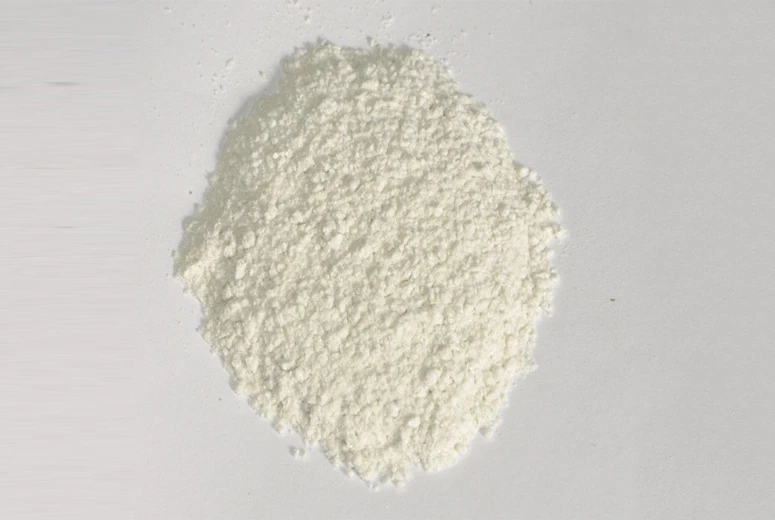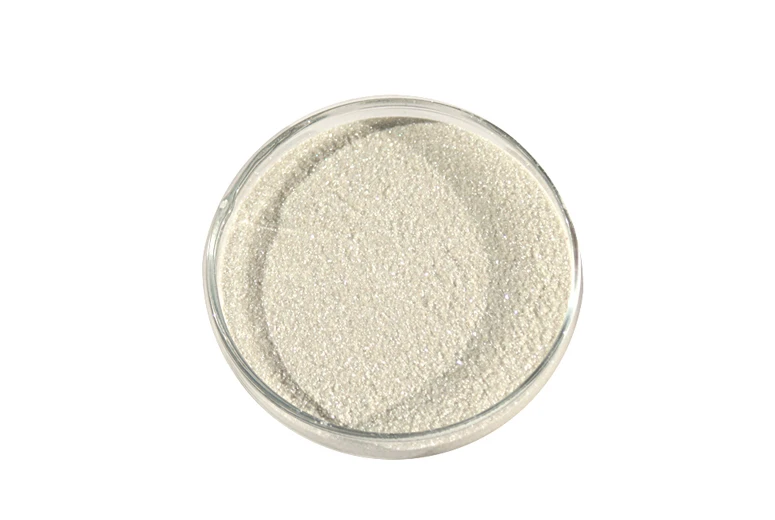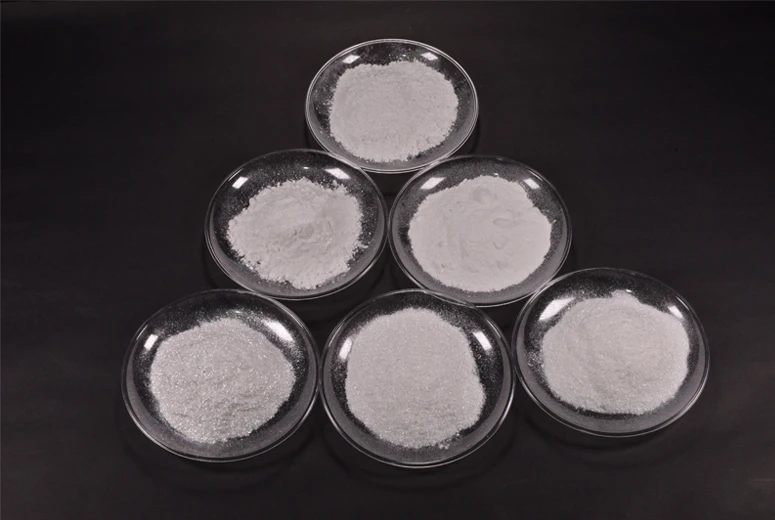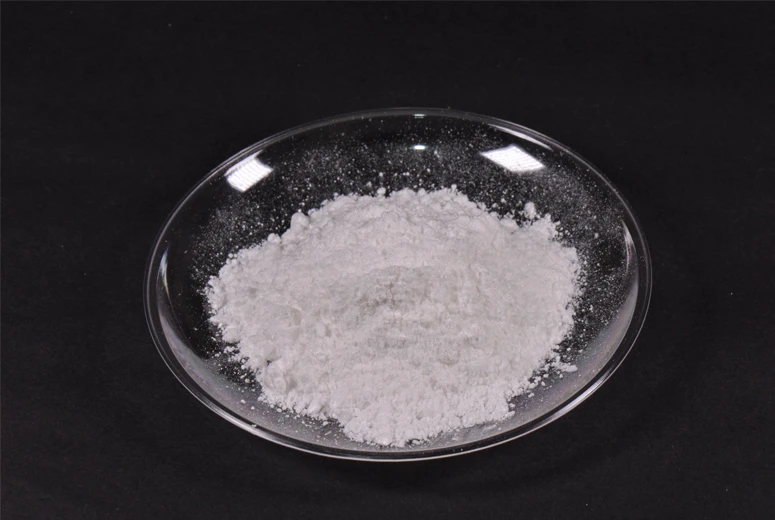Safety Standards for Working with Mica Dust
Working with mica dust can be an essential part of various industries, from cosmetics and crafts to industrial manufacturing. However, handling mica dust requires adherence to strict safety standards to protect both workers and the environment. Whether you are using organic mica powder or mica powder epoxy resin, understanding and implementing these safety standards is crucial. In this comprehensive guide, we will explore the key safety standards for working with mica dust, including proper handling, storage, and disposal practices, as well as the necessary protective measures to ensure a safe working environment.
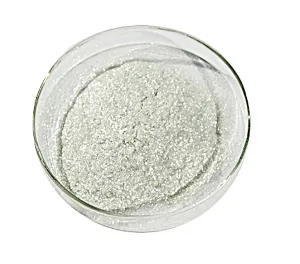
Understanding the Risks of Mica Dust Exposure
Mica dust can pose significant health risks if not handled properly. Inhalation of mica dust particles can lead to respiratory issues, including irritation of the lungs and, in severe cases, more chronic conditions such as silicosis. Additionally, prolonged exposure to mica dust can cause skin and eye irritation. Understanding these risks is the first step in implementing effective safety measures. Whether you are working with organic mica powder or synthetic varieties, it is essential to take precautions to minimize exposure and protect your health.
Personal Protective Equipment for Working with Mica Dust
Using the appropriate personal protective equipment (PPE) is essential when handling mica dust. Respiratory protection, such as N95 masks or higher - rated respirators, should be worn to prevent inhalation of dust particles. Additionally, wear protective clothing, such as long - sleeve shirts and pants, to minimize skin contact. Gloves and safety goggles are also recommended to protect the hands and eyes from irritation. By wearing the appropriate PPE, you can significantly reduce the risk of health issues associated with mica dust exposure.
Ventilation and Air Quality Control When Working with Mica Dust
Proper ventilation is crucial when working with mica dust to maintain good air quality and reduce the risk of inhalation. Ensure that work areas are well - ventilated, with adequate airflow to disperse dust particles. In some cases, local exhaust ventilation systems may be necessary to capture and remove mica dust at the source. Regularly monitor air quality in the work environment to ensure that dust levels remain within safe limits. By maintaining good ventilation and air quality control, you can create a safer working environment for all employees.
Safe Disposal of Mica Dust and Related Materials
The safe disposal of mica dust and related materials is an important aspect of maintaining a safe and environmentally responsible workplace. Mica dust should never be disposed of in regular trash bins, as it can pose risks to both human health and the environment. Instead, follow local regulations for the disposal of hazardous materials. In many cases, mica dust can be collected and sent to specialized facilities for proper disposal or recycling. By adhering to safe disposal practices, you can minimize the environmental impact of your operations and protect the health of your workers and the community.
Working with Mica Dust FAQS
What Are the Health Risks Associated with Mica Dust Exposure?
Exposure to mica dust can lead to various health issues, including respiratory problems such as lung irritation and, in severe cases, silicosis. Prolonged exposure can also cause skin and eye irritation. Understanding these risks and implementing proper safety measures is essential to protect your health.
How Can I Minimize Mica Dust Exposure in the Workplace?
To minimize mica dust exposure, always use proper handling and storage practices, wear appropriate personal protective equipment (PPE), and ensure good ventilation in the work area. Regularly clean work surfaces and equipment to remove any accumulated dust. By following these measures, you can significantly reduce the risk of exposure.
What Type of Respiratory Protection Should I Use When Working with Mica Dust?
When working with mica dust, it is recommended to use at least an N95 mask or higher - rated respirator to protect against inhalation of dust particles. Ensure that the respirator fits properly and is worn consistently to provide adequate protection.
How Should I Store Mica Dust to Prevent Contamination?
Store mica dust in clean, dry containers with tight - fitting lids to prevent the release of dust particles. Keep containers in a well - ventilated area and away from sources of moisture. Regularly inspect storage containers for any signs of damage or leakage, and replace them if necessary.
What Are the Proper Disposal Methods for Mica Dust?
Mica dust should be disposed of according to local regulations for hazardous materials. In many cases, it can be collected and sent to specialized facilities for proper disposal or recycling. Never dispose of mica dust in regular trash bins, as this can pose risks to human health and the environment.
For more information on safety standards and best practices for working with mica dust, visit our company website. We offer a wide range of high - quality organic mica powder and mica powder epoxy resin products, designed to meet all your needs while ensuring safety and compliance. Our team of experts is ready to assist you in finding the perfect solutions for your projects.
-
Thermal Conductivity of Bulk Mica PowderNewsAug.08,2025
-
Storage Conditions to Maintain Blue Mica Flakes QualityNewsAug.08,2025
-
Storage Conditions to Maintain Mica Powder for Resin QualityNewsAug.08,2025
-
Shimmering Effects: Synthetic Mica Glitter vs Other GlittersNewsAug.08,2025
-
Color-Fastness of Mica Pigment PowderNewsAug.08,2025
Products categories


